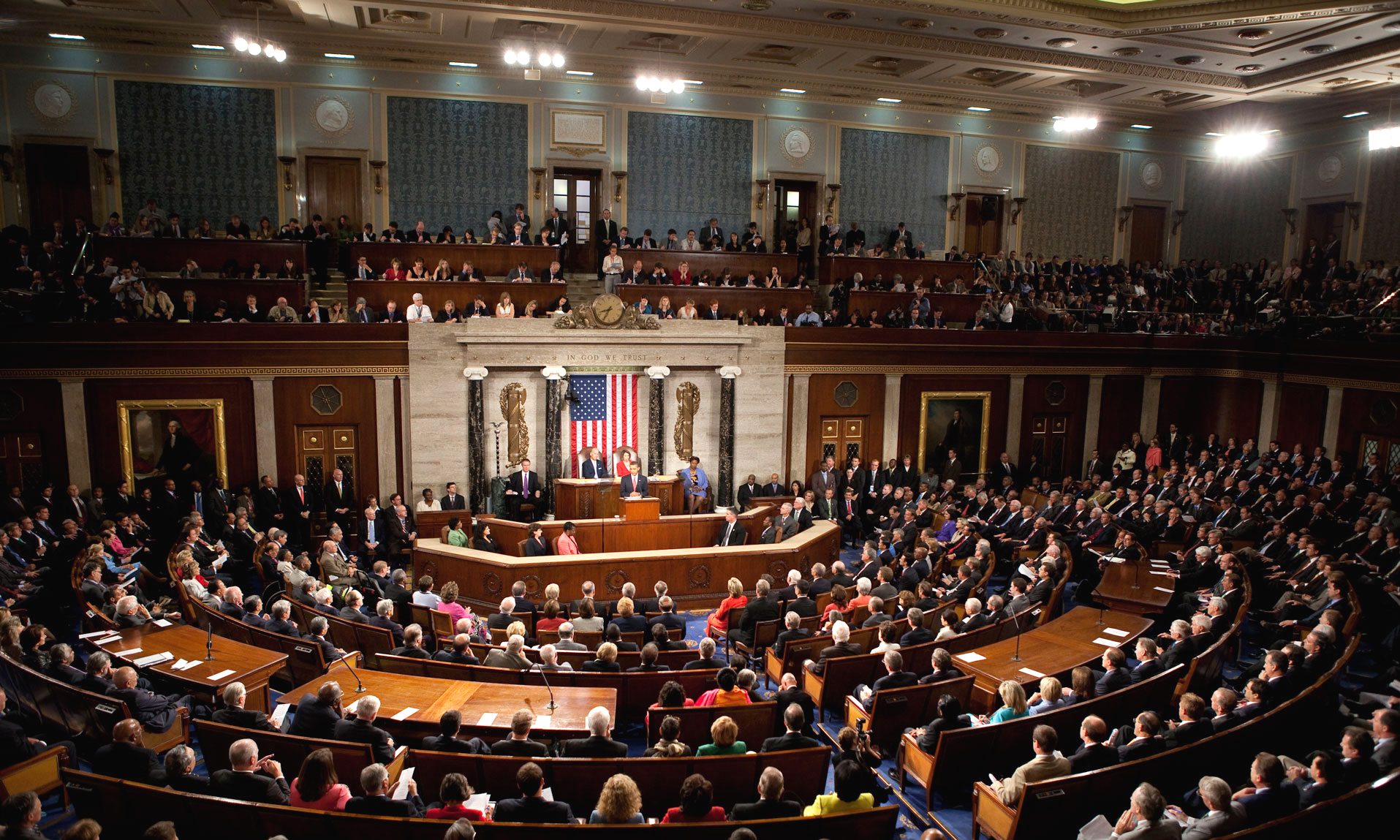By Deborah Love
Executive Director Eagle Forum of Alabama
It seems like every day we hear of another data breach or privacy violation impacting our personal information whether its Equifax, IRS, or the U.S. Office of Personnel Management. But breaches are just one small part of privacy issues facing Americans today. Instead of increasing protections, Democrats and Republicans in Congress are working together not to protect your privacy rights but to build a national database on citizens. Such a database has always been prohibited by federal law. Even though a clear majority of Americans from all political perspectives oppose a national citizen database and are concerned about their personal privacy especially digital privacy and data collection, Congress is moving quickly to create this new massive warehouse system of personal data. A bill introduced by House Speaker Paul Ryan (R) and Senator Patty Murray(D), The Foundation for Evidence Based Policymaking Act (FEPA), HR4174/S. 2046 would be the first step in creating this national database and is assumed to pass under the radar and with little opposition.
The Orwellian argument for the creation of a national database is that it helps the bureaucrats evaluating federal programs so they can determine program effectiveness. FEPA will collect personally identifiable information on private citizens, and this data will be compiled by and for the federal government. (pg. 56 of FEPA) FEPA will set up an advisory board which will control most aspects of this system, but this board will not be accountable to the public. (pg. 12 of FEPA) If the threats to your personal liberty are not enough, there is tremendous bureaucratic power in FEPA. Those who control this national database will in many ways control funding, which programs should be cut, and what programs are deemed essential. The commission is instructed in the bill to put together “a list of data the agency intends to collect, use, or acquire to facilitate the use of evidence in policymaking.” (pg. 4 of FEPA) This is a vague opening for endless excuses to collect data on private citizens. It is important to know as well that FEPA requires data sharing among agencies so all the currently existing personally identifiable information on you within federal agencies will be linked together in this system.
Constitutionally, the power of the purse has been delegated to Congress and once any part of this is delegated to this new agency the system will see little to no accountability from Congress. Why would we want to actively support Congress in creating the mother ship of all bureaucracy? The few sponsors and supporters of this bill have ignored that monitoring private citizens and collecting personally identifiable information on them throughout the course of their lives destroys liberty and directly harms all Americans. No amount of additional data will solve the failures of federal programs especially when the solution is either more data, additional funding, or another program.
When passed FEPA will direct each federal agency to create “a list of any challenges” to data collection goals outlined. (pg. 4 of FEPA) Additionally, FEPA directs the commission to include in their list “any statutory or other restrictions to accessing relevant data.” (pg. 59 of FEPA) This means a federal agency is being directed by Congress to one by one destroy your existing privacy protections to achieve the goal of greater data collection.
Creating a national database of this nature is currently illegal through federal law, however a bill has been introduced to remove that prohibition. Don’t be misled by the title referencing transparency. The College Transparency Act (CTA), H.R. 2434 seeks to reduce your privacy protections and that of every student in higher education in America by overturning the Higher Education Act ban on a student unit-record system collection. This has previously prevented personally identifiable information about behavior and other areas in post-secondary education from being collected in this type of system. CTA means any college student entering post-secondary would automatically be tracked without consent throughout their life by the federal government.
Both CTA and FEPA can be stopped if you speak up and let your Representative and Senator in Washington DC know you oppose these bills. Both CTA and FEPA only give lip service to privacy like many other government surveillance bills. The Commission will have full access to personally identifiable information in a national database; but individuals will be in the dark about whatever might be kept in their record. Since privacy protections at the federal and state level are currently very weak, a citizen has no real legal protections from this system and no way to file a formal complaint.
As technology progresses, it is essential for individuals to become educated about their privacy rights, and the ways in which those rights are being threatened by a dark bipartisan push to accumulate personal information about each citizen. Speaking out now about CTA and FEPA is critical. As experience has shown, it is far harder to take back such rights when surrendered. As the push to eradicate personal privacy is bipartisan, the counter response to this attempt must also be from both the right and the left. This is a rare series of bills that seek to destroy privacy rights of all Americans. There are no winners. Whether we are engaged on this issue will determine if we will remain a Constitutional Republic where the rights of the individual are respected and free speech prevails or if the soul of the individual will be crushed by the arbitrary demands of an overbearing state.
Deborah Love is the Executive Director Eagle Forum of Alabama



















































